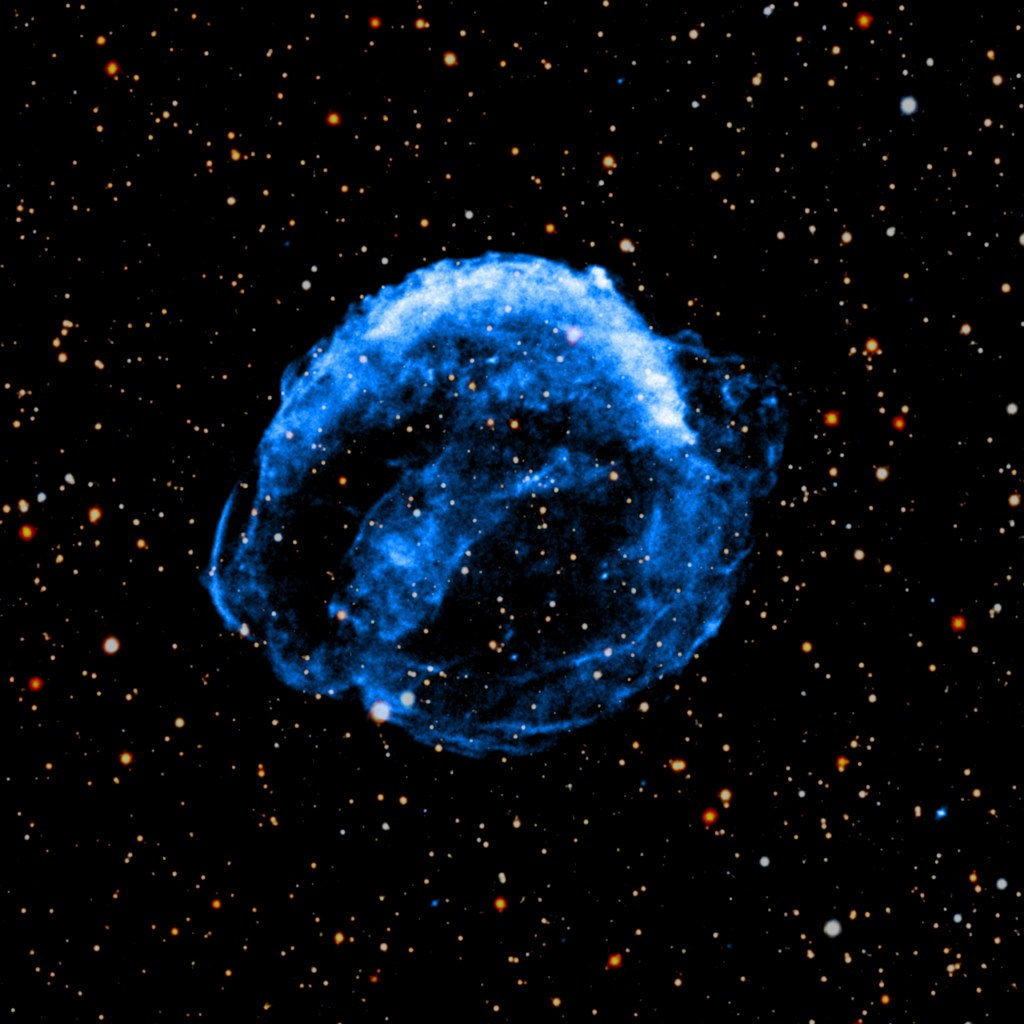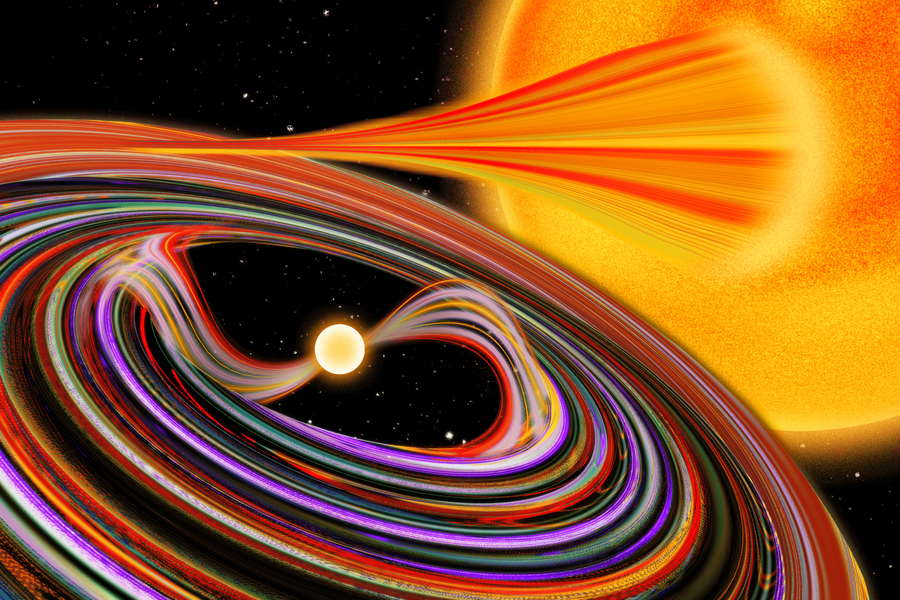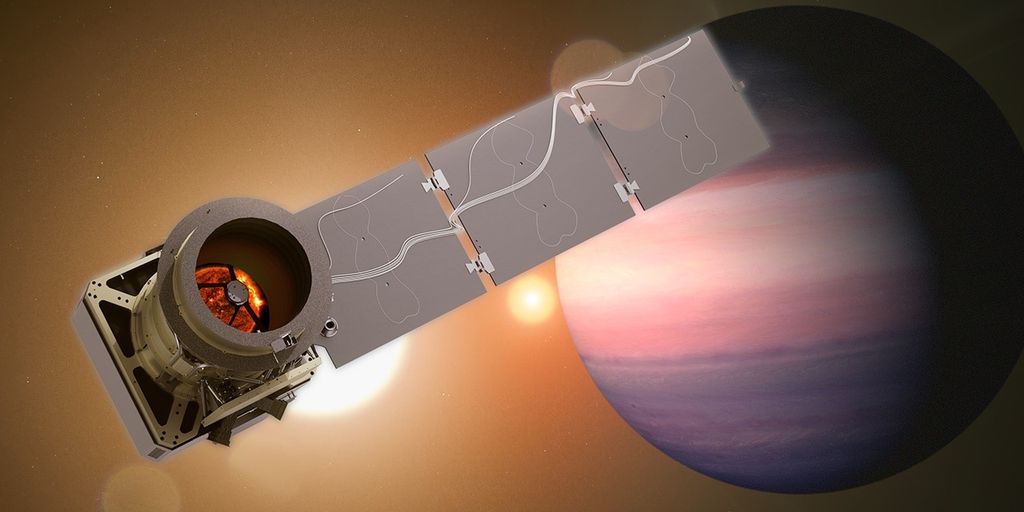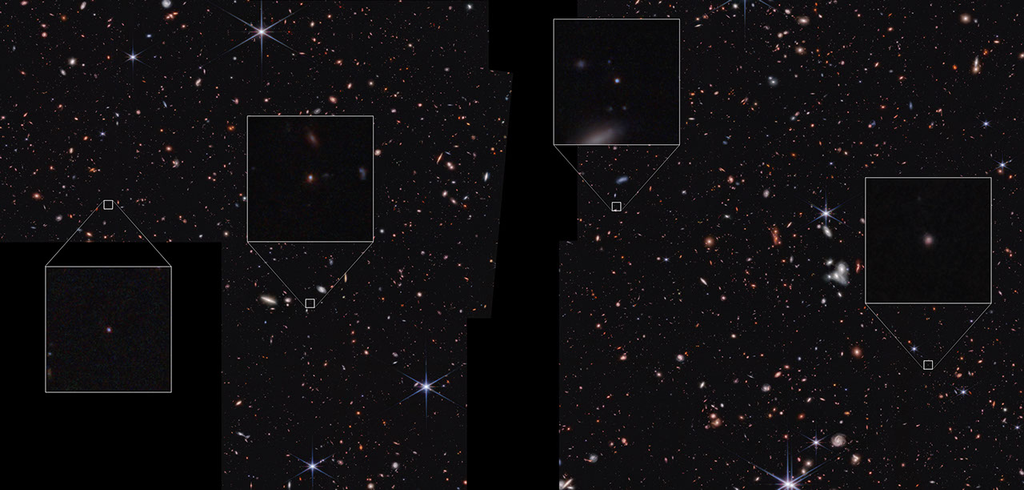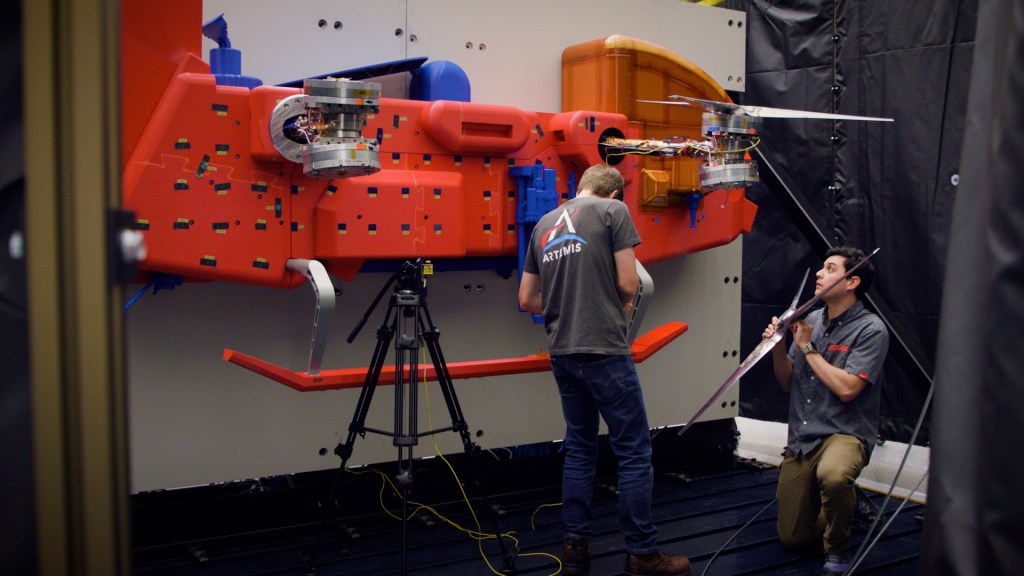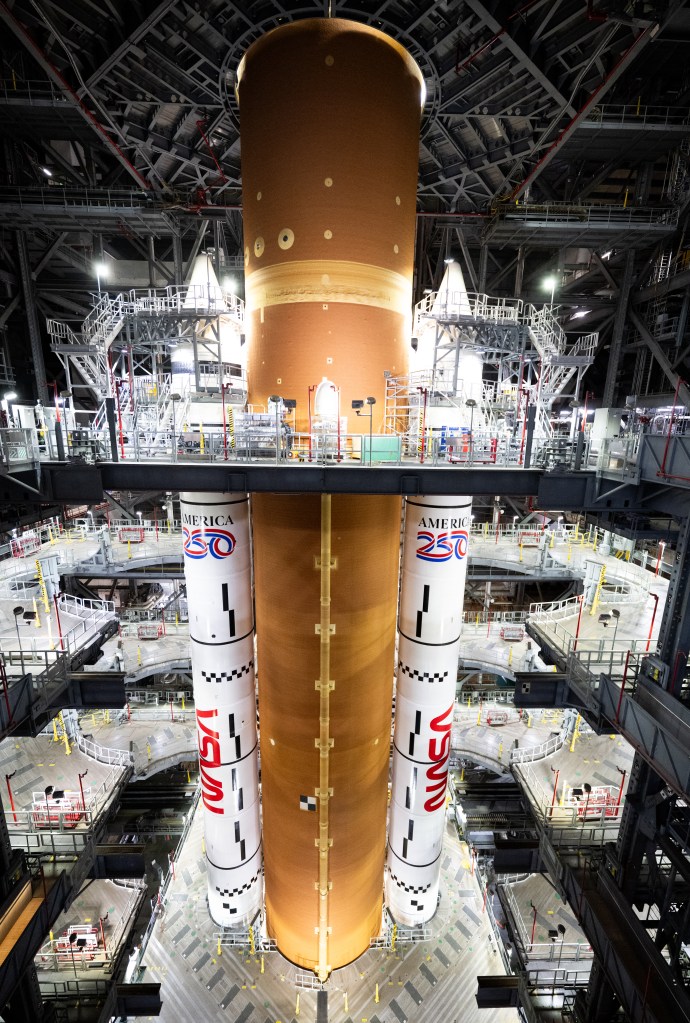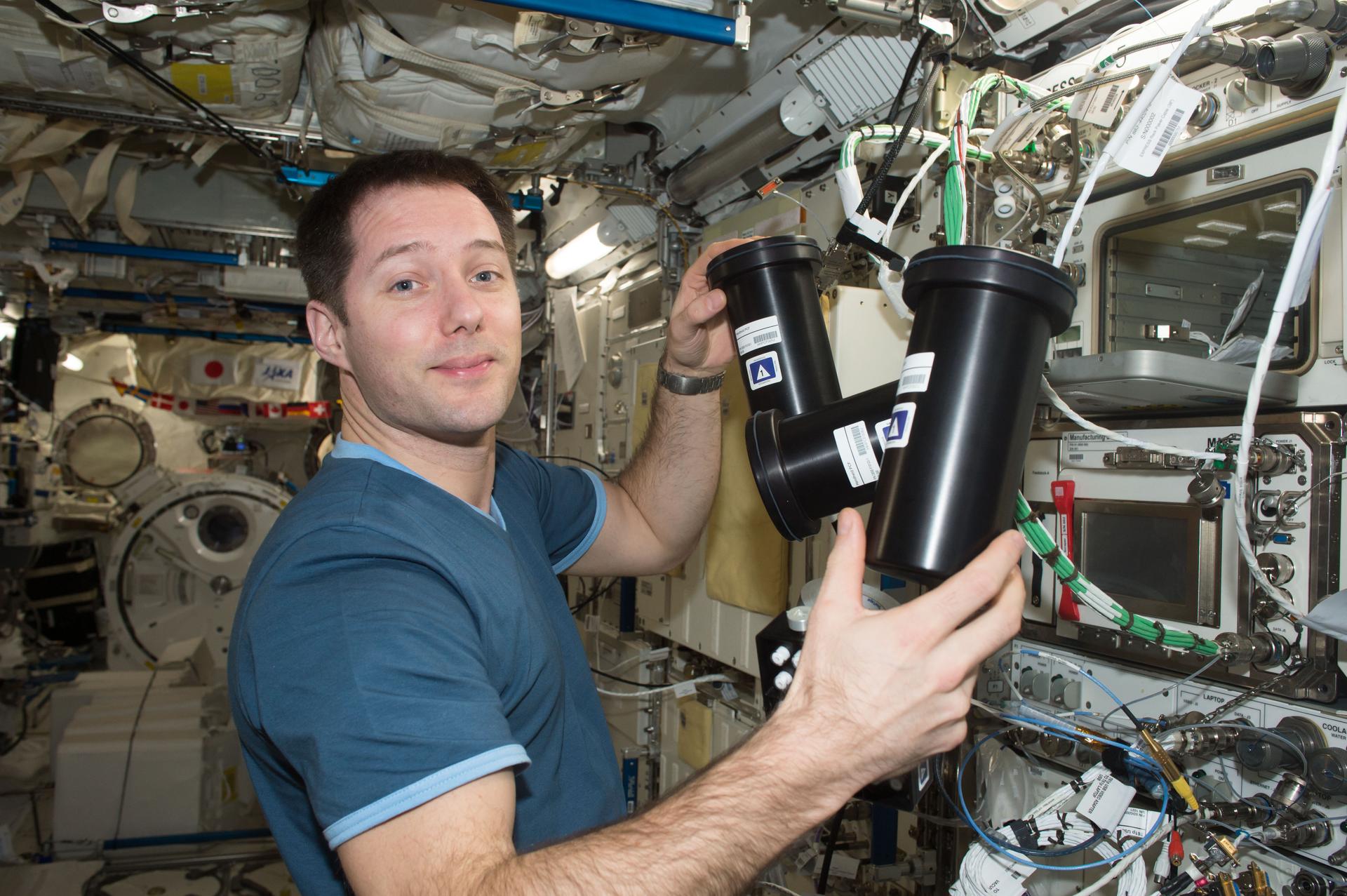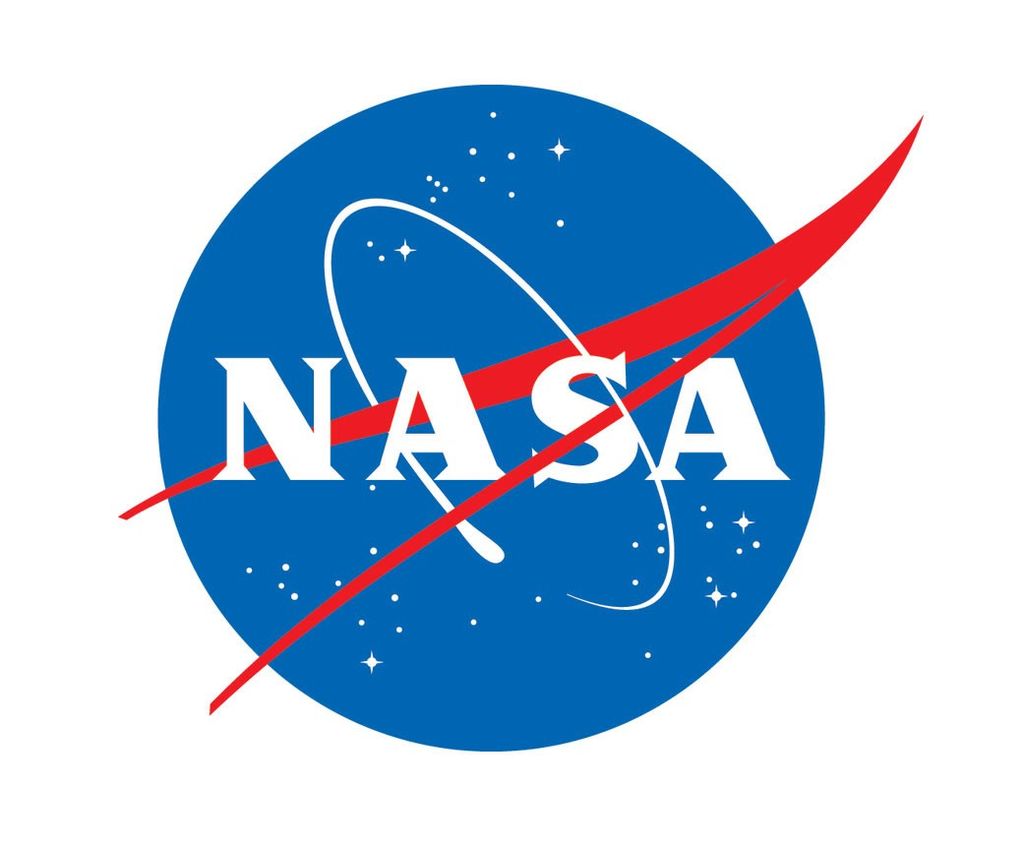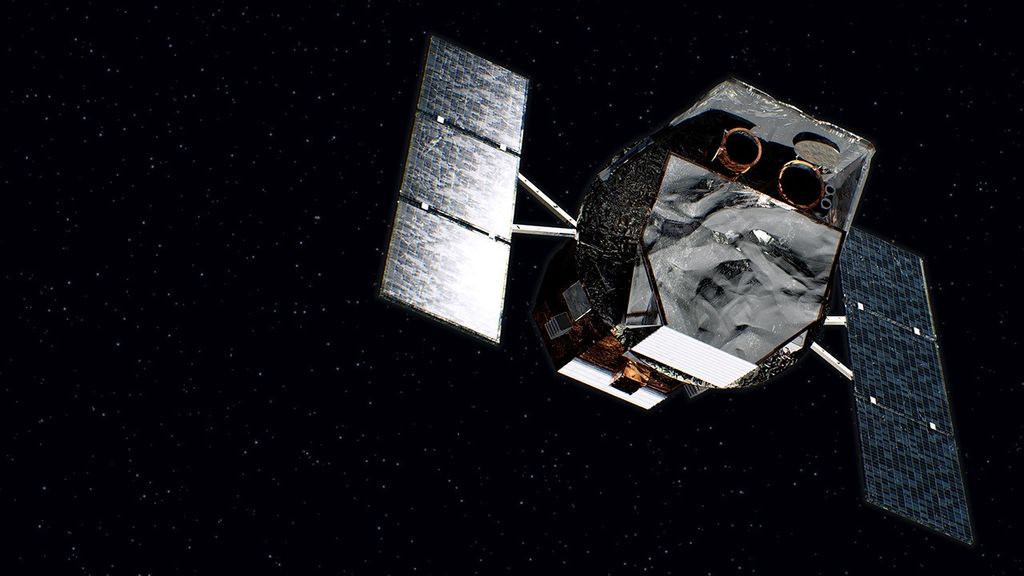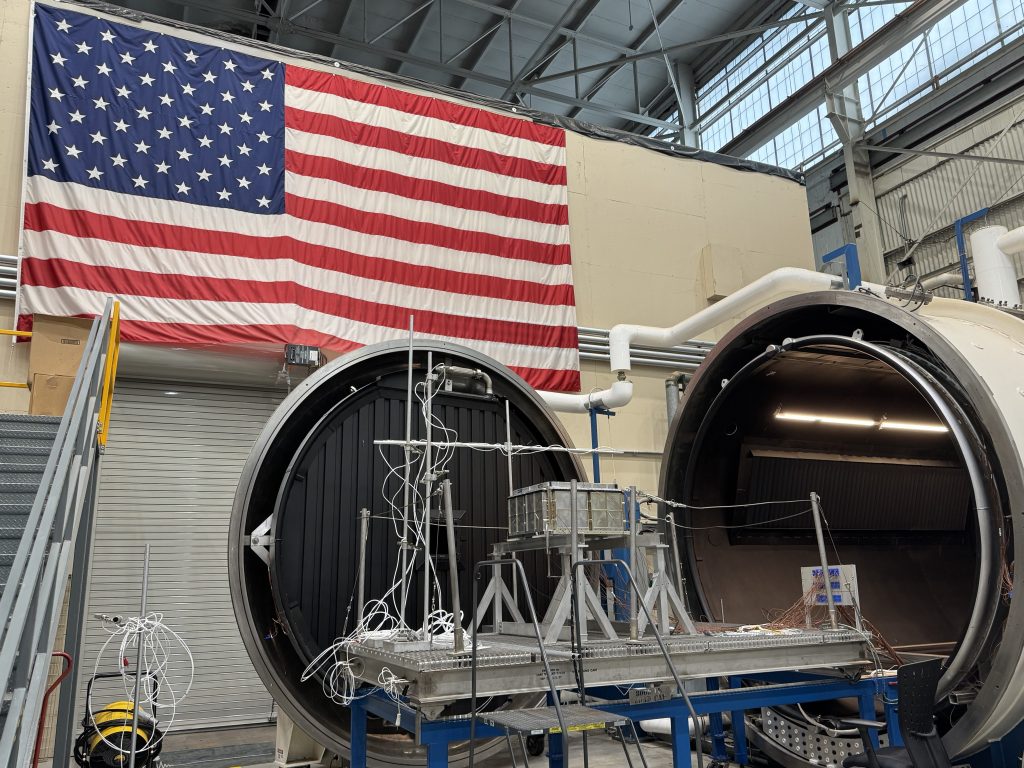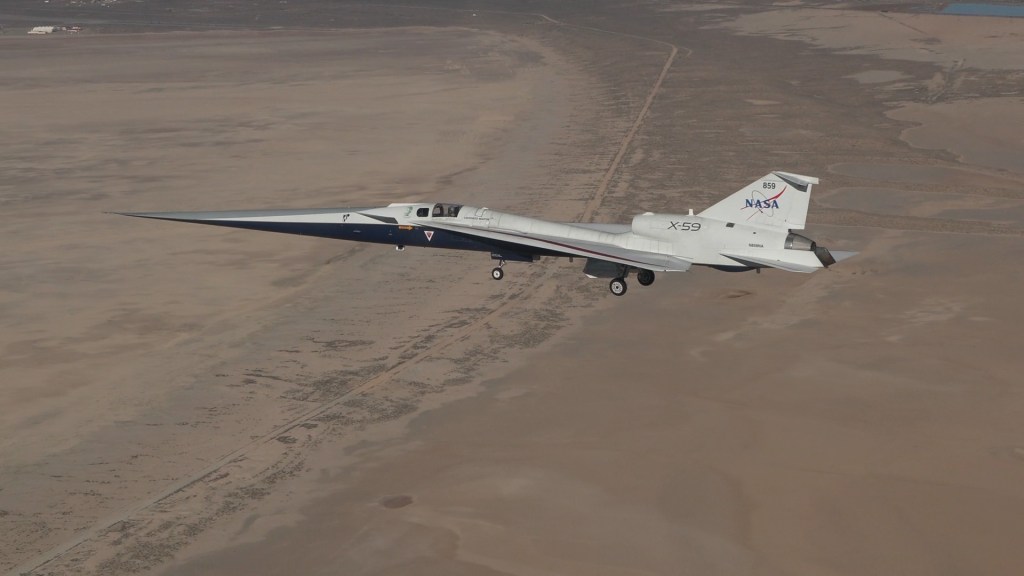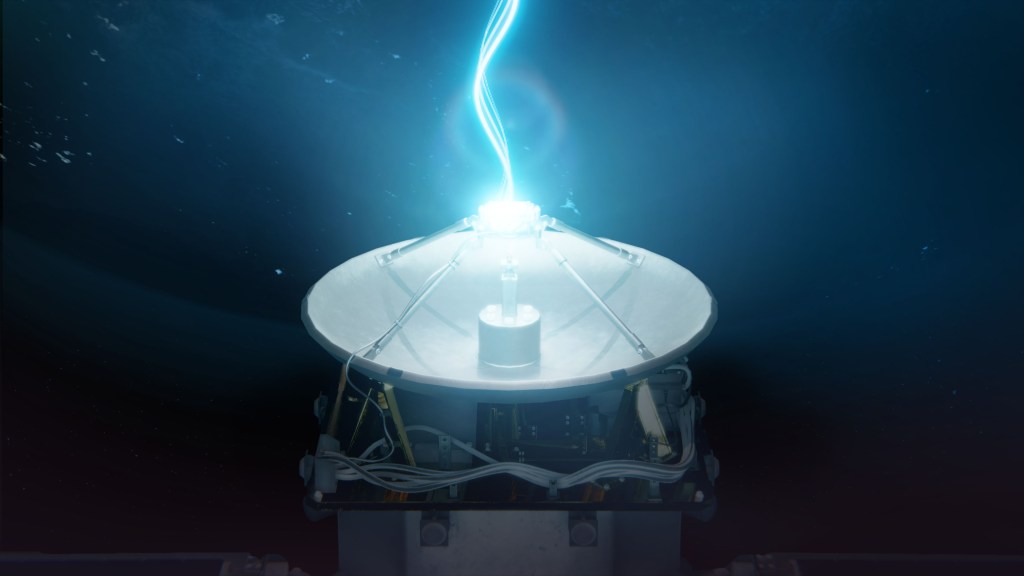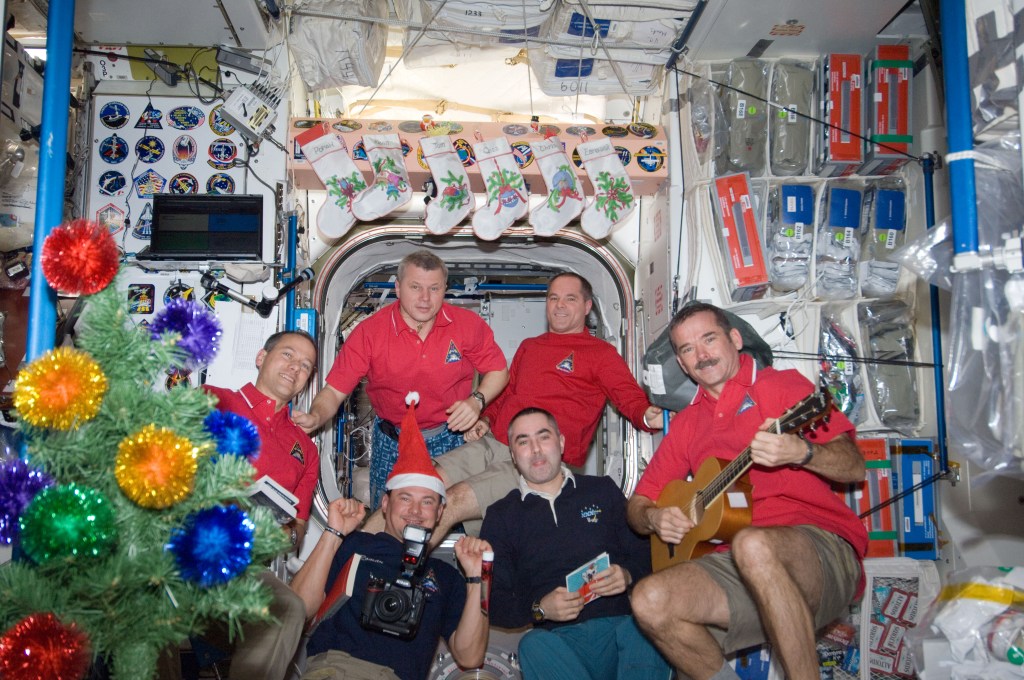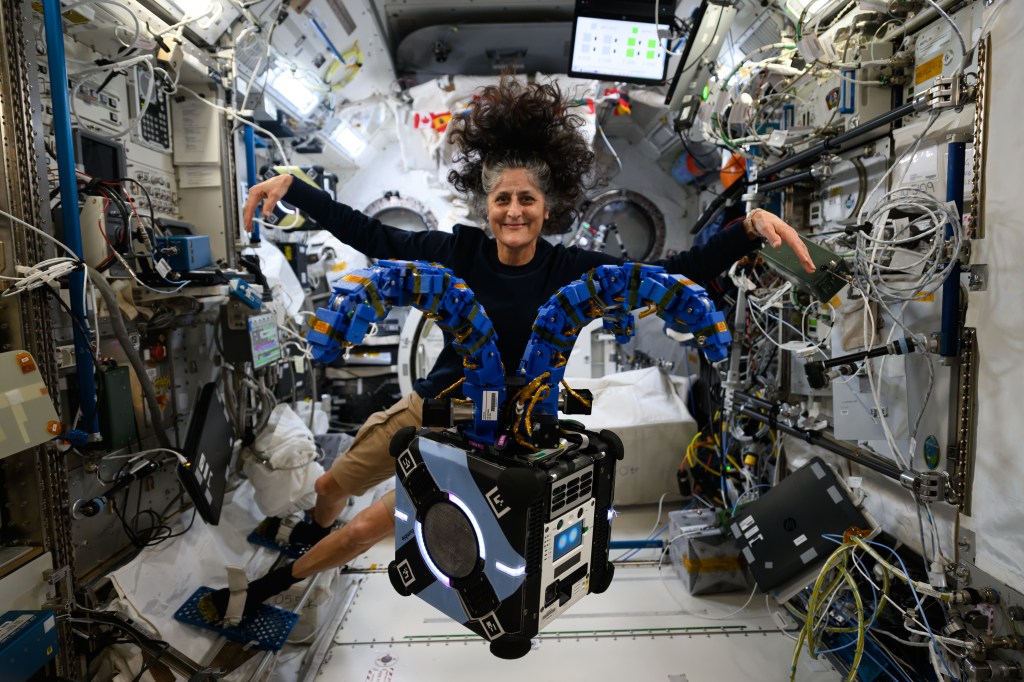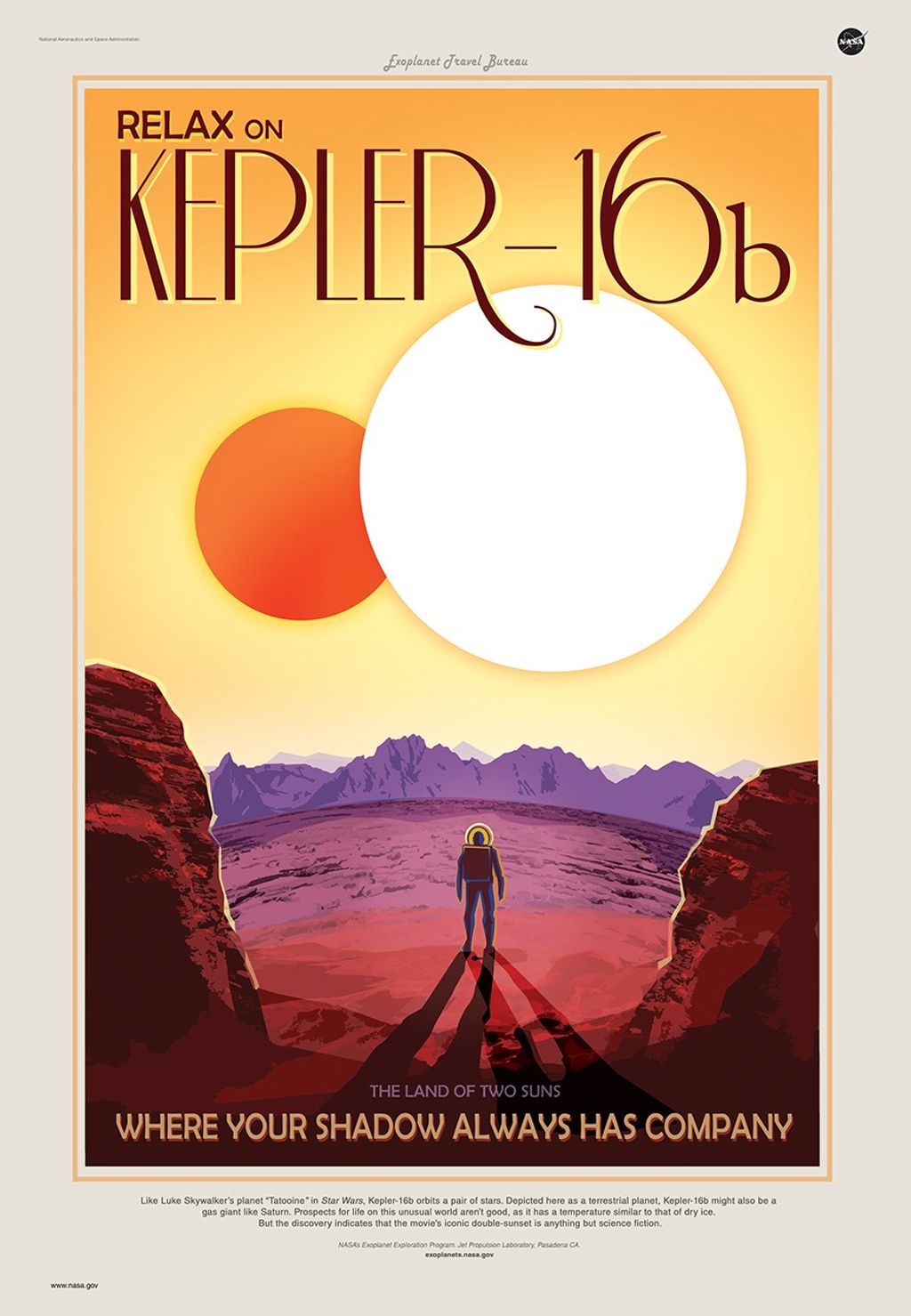NASA’s Planetary Science Division recently recognized five early-career scientists who stand out from their peers based on potential for future impact, leadership, and involvement in the planetary science community.
Each scientist will receive funding through the Planetary Science Early Career Award (ECA) program to support outstanding early-career individuals and allow them to play an increasing role in the planetary science community. The ECA program is new to the Planetary Science Division (PSD) and is the successor to PSD’s former Early Career Fellowship program.
The ECA program’s goal is to advance the research and professional development of exceptional early-career scientists by granting up to $200k to each of the selected principal investigators. Support from the program is intended to help promising individuals play an increasing and meaningful role in the planetary science community. Proposals submitted to ECA are evaluated mainly on two factors:
· Potential career-development impact of proposed use of ECA funds
· Potential for Impact, Leadership, and Community Involvement
The selected projects span the full breadth of planetary science research, and the principal investigators are based at institutions across the country:
Timothy Goudge from the University of Texas, Austin
Dr. Goudge’s work seeks to pursue novel research, teaching, and outreach opportunities centered on the use of uncrewed aerial vehicles (UAVs) for exploring planetary landscapes. The ECA funding will help build a research program focused on using the unique lens of remote sensing to understand the record of surface processes captured in the topography of planetary bodies.
Laura Kerber from NASA’s Jet Propulsion Laboratory (JPL)
Dr. Kerber will develop a series of lectures and targeted field experiences designed to cultivate both knowledge and passion for planetary science amongst early career engineers. This work is designed to help the planetary science community by improving communication and understanding between scientists and engineers.
Juan Lora from Yale University
Dr. Lora leads the Planetary Atmospheres and Climates Laboratory (PAC Lab) group at Yale University and will use the ECA funding to develop plans to better and more broadly integrate with the scientific community and the public. The work will serve to advance the Lab’s technical impact and establish a robust teaching and outreach platform to engage the University and local communities. Lora will develop and deploy a flexible, user-friendly website and public archive for models, as well as a multi-tiered platform for teaching and outreach activities designed to develop future leaders and educators in planetary climate science.
Marisa Palucis from Dartmouth College
Dr. Palucis will establish a robust planetary sediment transport lab, also intended for the larger planetary community. The ECA funding will be used to construct two novel flumes within the current sedimentology lab – a rotating drum flume and a steep tilting flume. The development of these novel flumes will enable the planetary community to perform sediment transport experiments under conditions relevant to planetary landscapes and determine how well our earth-based sediment transport models work under extraterrestrial climates and fluid rheologies.
Richard Remsing from Rutgers University, New Brunswick
Dr. Remsing’s work will help build a fundamental understanding of the molecular mechanisms that drive the formation and stability of primitive, protocell membranes. The ECA funding will fund a graduate student and undergraduate student researchers from diverse socioeconomic backgrounds, with an emphasis on funding first-generation undergraduate students. Dr. Remsing’s work will promote diversity in the next generation of skilled, technical workers in exobiology, and in the physical sciences more broadly.
Individuals interested in applying for NASA’s ECA program must have a funded ROSES grant from the past two ROSES cycles and must be within 10 years of receiving their terminal degree. The deadline for ROSES-2022 ECA program is December 8, 2022. See here for more information about the program and eligibility requirements.
For more information about NASA’s planetary science, visit:
https://www.nasa.gov/solarsystem
-end-

